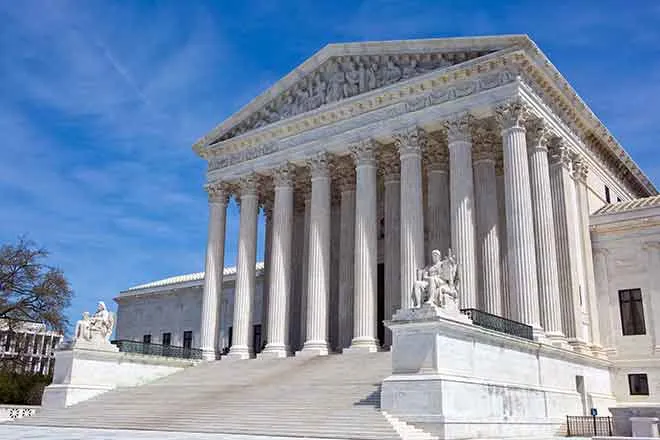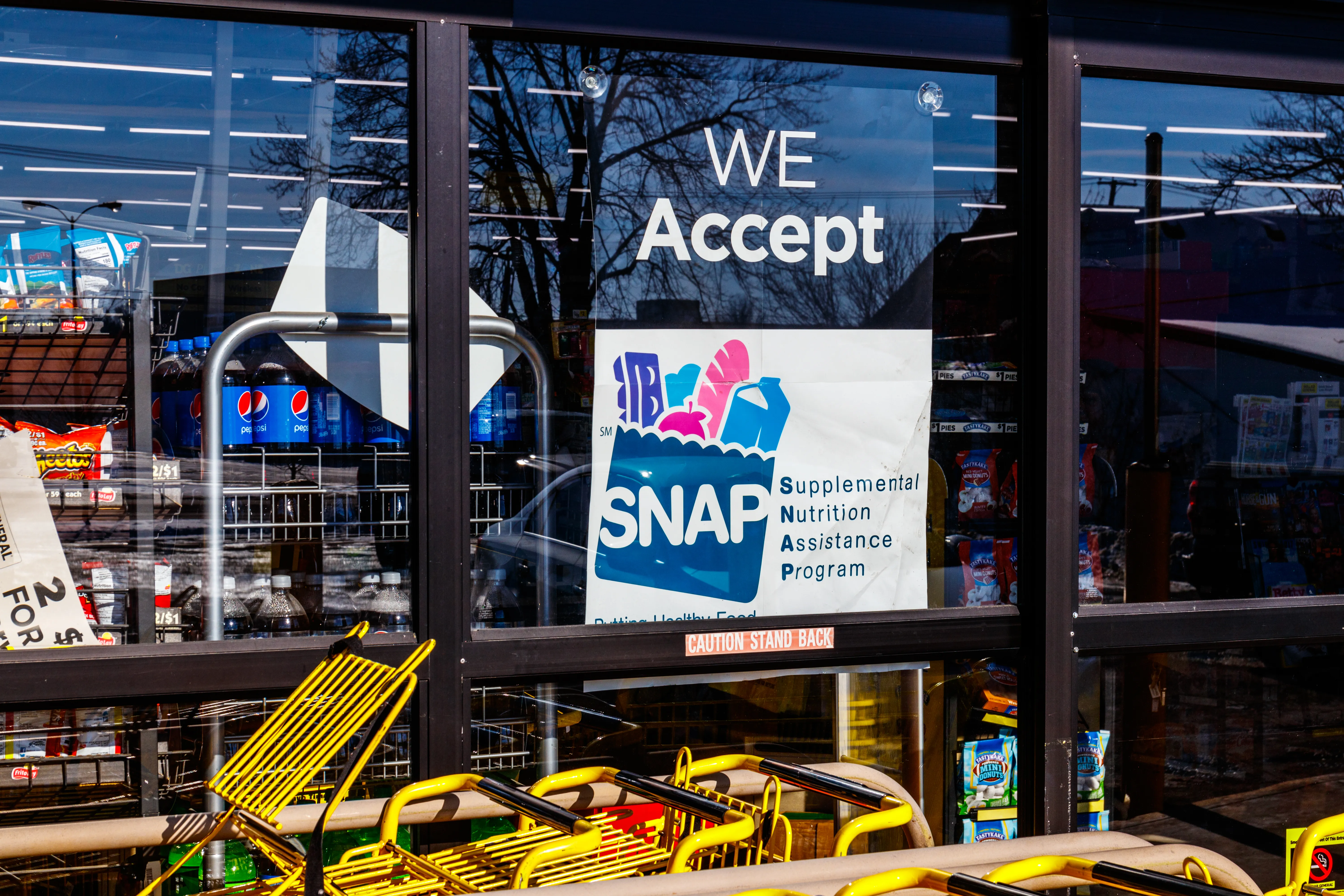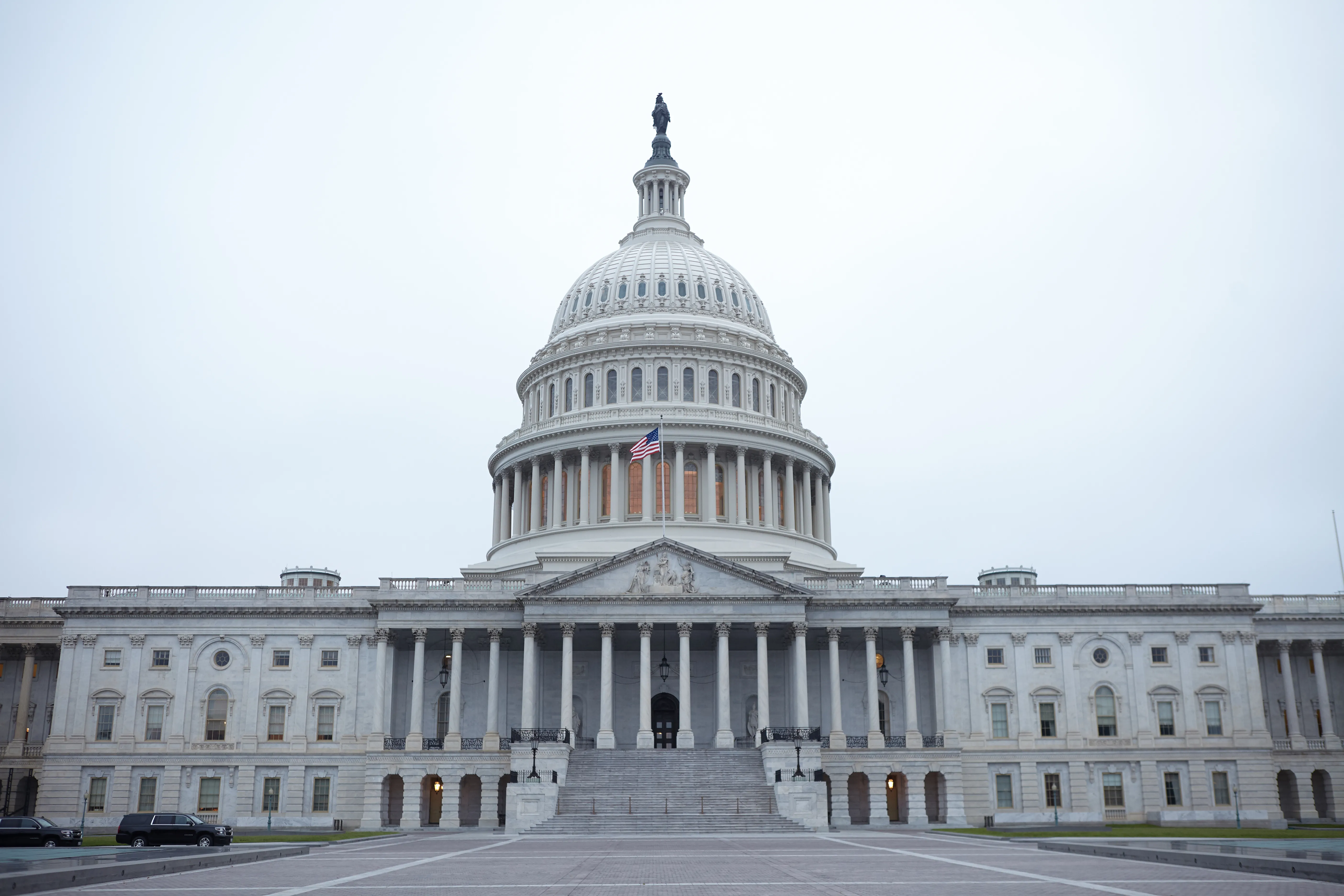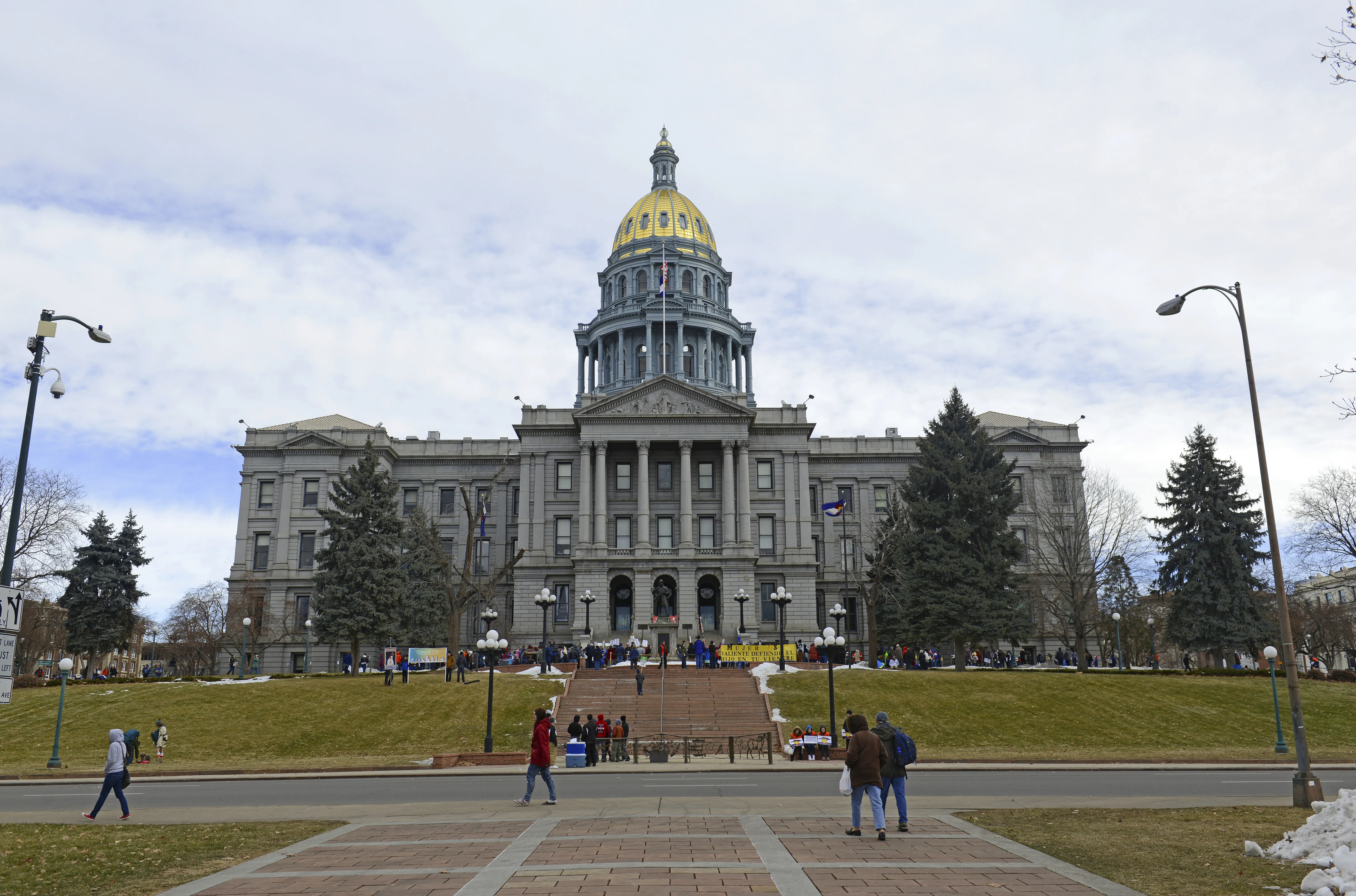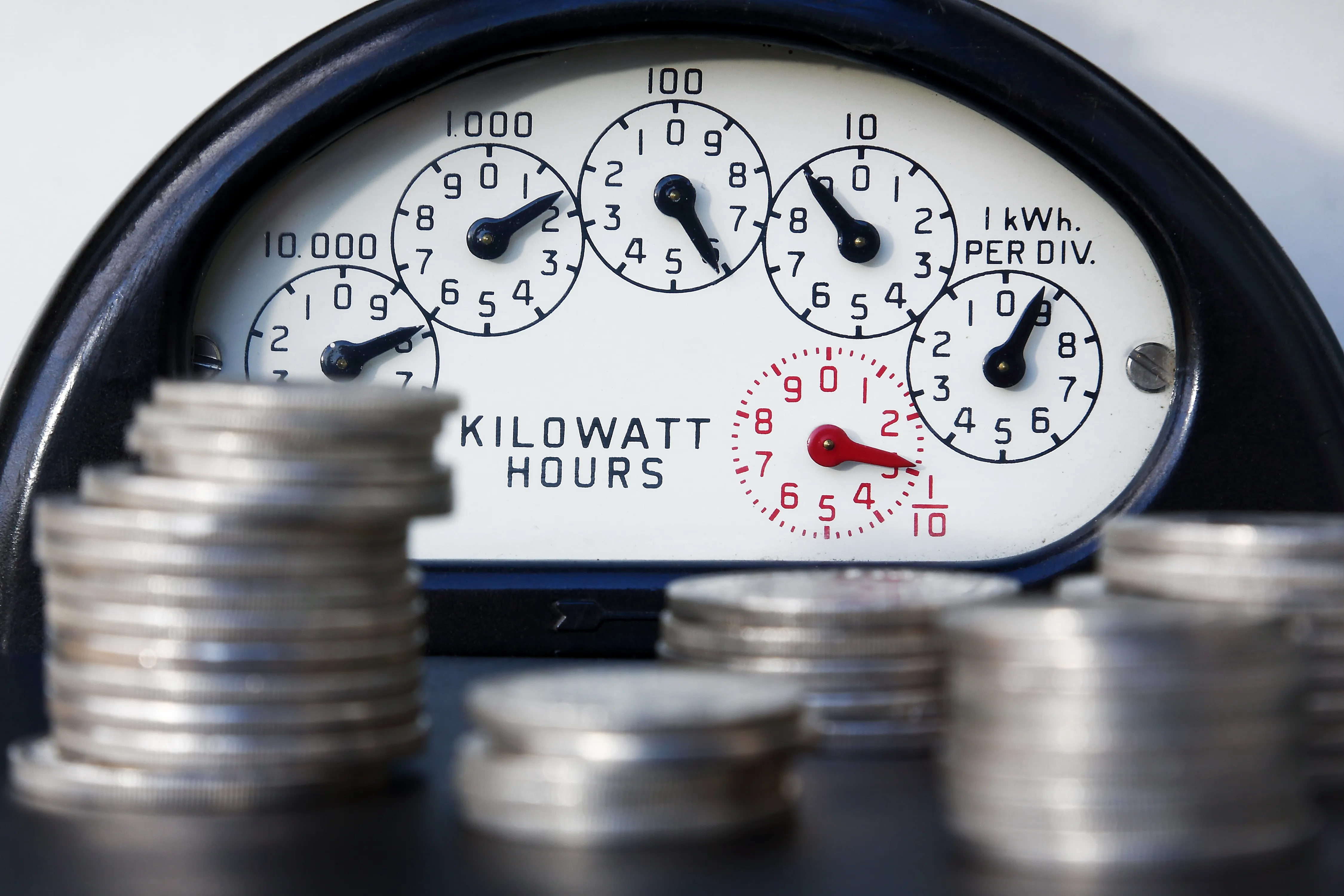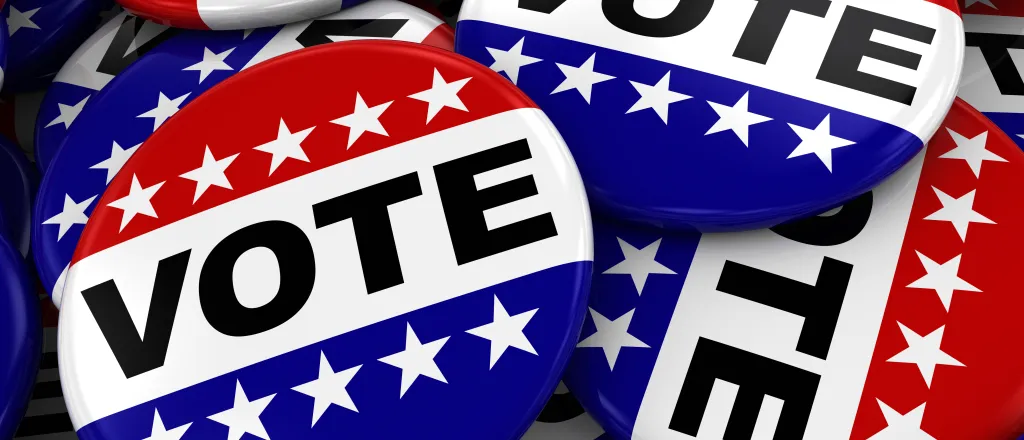
Nebraska advocates foresee new voting-restoration law helping individuals, state
© iStock
Click play to listen to this article.
(Nebraska News Connection) April is Second Chance Month and many Nebraskans are celebrating passage of a bipartisan voting rights restoration bill and its focus on second chances.
Legislative Bill 20 restores voting rights to those convicted of a felony upon completion of their sentence, eliminating the two-year waiting period.
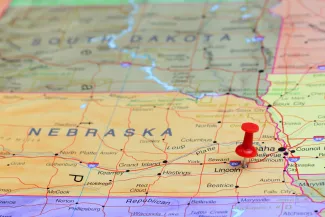
Jason Witmer, policy fellow at the ACLU of Nebraska, said the change will promote success for formerly incarcerated Nebraskans. He pointed out it also will increase the likelihood of the state meeting the objectives Governor Jim Pillen and the Department of Corrections have committed to.
Nebraska became the fourth state to join "Reentry 2030," a national initiative of the Council of State Governments focused on strengthening programs and removing obstacles for those reentering society after incarceration.
"The more somebody can have their rights in place for them, the more invested they are in the society," Witmer contended. "The more invested you are in your community and your society, the more likely you are to succeed. And the right to vote is fundamentally part of reintegrating into society. It's your civil voice."
Reentry 2030 aims to have all 50 states commit to improving outcomes for formerly incarcerated people. Nebraska's goals include increasing GED completion and college coursework by those in Nebraska prisons, and reducing recidivism 50 percent by 2030.
Pillen allowed the measure to become law but stated it contains "potential constitutional issues" which could lead to a legal challenge.
Nebraska's recidivism rate for those who left prison between 2019 and 2022 was nearly 30 percent.
Witmer noted it is at least partly attributable to the challenges people face upon leaving incarceration.
"You did the time, and then you come out and find out, 'Oh, I can't vote. Oh, housing is almost impossible to get. Oh, I can't work here,'" Witmer outlined. "Suddenly you don't feel like you're a part of any of this."
Across the country, 37 other states restore voting rights to those charged with a felony either immediately after incarceration or after completing parole or probation. Two states and the District of Columbia allow people to vote while incarcerated.


